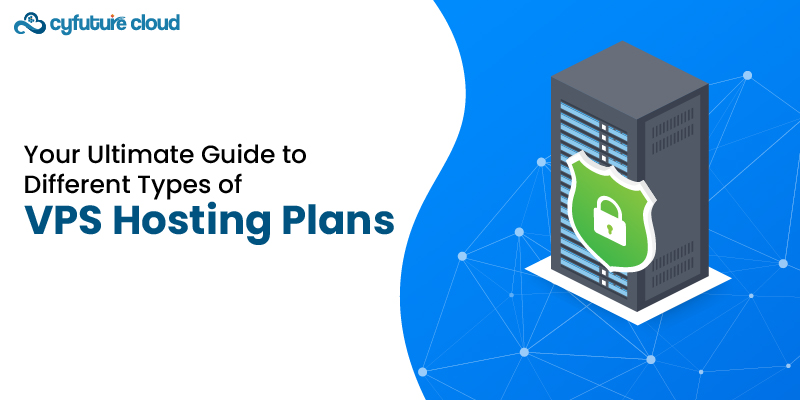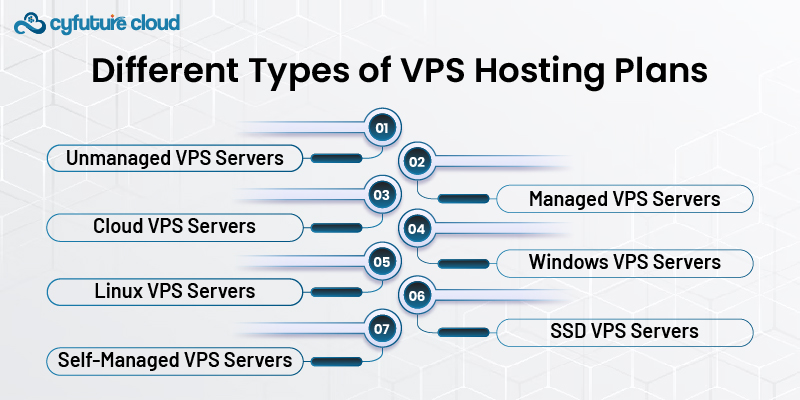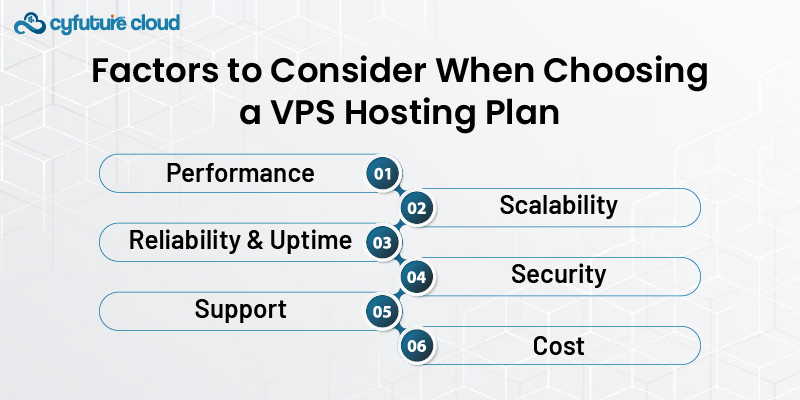 Server
Colocation
Server
Colocation
 CDN
Network
CDN
Network
 Linux Cloud
Hosting
Linux Cloud
Hosting
 VMware Public
Cloud
VMware Public
Cloud
 Multi-Cloud
Hosting
Multi-Cloud
Hosting
 Cloud
Server Hosting
Cloud
Server Hosting
 Kubernetes
Kubernetes
 API Gateway
API Gateway


In recent years, virtual private servers (VPS) have grown in popularity as more companies and people want to benefit from the flexibility and control they provide. Virtual private server (VPS) servers are simply computer programs that may be used to operate a wide range of various programs, websites, and services. They provide greater control than shared hosting options and are a more affordable substitute for dedicated servers. This knowledge base seeks to give readers a comprehensive understanding of VPS hosting plans by covering a range of topics, such as what VPS hosting is, the Difference between Shared Hosting, Dedicated Hosting, and VPS Hosting, and several types of VPS hosting plans.
VPS hosting is a type of web hosting that isolates virtual private servers within a physical server using various virtualization technologies. Users are able to control their operating system, apps, and customizations because of the independence of each VPS. It's an affordable option for companies that require more control than shared hosting can provide without incurring the cost of dedicated hosting
2. Difference between Shared Hosting, Dedicated Hosting, and VPS Hosting
Multiple users share the same server resources while using shared hosting. Although economical, it may experience performance problems if other users on the same server utilize a lot of resources. In contrast, dedicated hosting gives customers access to a whole physical server that is exclusively used for their website. Although it is expensive and can be unnecessary for many firms, this provides the best performance and control. VPS provides dedicated resources within a shared environment, giving a middle ground. Compared to shared hosting, users have more customization and control options, yet shared hosting is less expensive than dedicated hosting.
3. Different Types of VPS Hosting Plans

3.1. Unmanaged VPS Servers
The most fundamental form of VPS hosting is unmanaged VPS servers. Unmanaged VPS hosting allows you to install and run any program you want using the virtual computer they give you. You are in charge of administering the server yourself with unmanaged VPS hosting, including installing software updates, setting up security settings, and resolving any problems that may emerge. Experienced developers and system administrators who are familiar with Linux command-line interfaces and want complete control over their hosting environment should choose this form of hosting.
3.2. Managed VPS Servers
Managed VPS servers are an improvement over unmanaged VPS hosting as compared to unmanaged servers. With managed VPS hosting, your cloud hosting handles routine server maintenance, such as software upgrades, security patches, and backups. Businesses and individuals who wish to concentrate on their main operations without bothering about the technical aspects of owning a server can choose this sort of hosting.
3.3. Cloud VPS Servers
These servers use cloud computing as their foundation. Your virtual server will be housed in a cloud environment when you choose cloud VPS hosting, giving you instant access to scalable computing resources. A large variety of apps and services may be hosted with cloud VPS hosting, which is quite versatile. With built-in redundancy and failover features that provide high availability and uptime, it is also very robust. Even these servers are reasonably priced and include a ton of extra capabilities that improve the functionality of your website.
3.4. Windows VPS Servers
One of the greatest VPS hostings that is made expressly to function on the Windows operating system is the Windows VPS server. You may operate Windows-based programs and services, like Microsoft SQL Server Microsoft Exchange Server, and Microsoft SharePoint, with the help of Windows VPS hosting. Businesses that largely rely on Windows-based software and applications should use this form of hosting.
3.5. Linux VPS Servers
Linux VPS servers, which are based on the Linux operating system, are regarded as affordable VPS hosting. You may operate websites, web apps, and other services using a variety of open-source software and tools with Linux VPS hosting. Linux VPS hosting is very adaptable and can be made to fit the requirements of a variety of enterprises and people.
3.6. SSD VPS Servers
In this particular hosting, Solid-state drives (SSDs) rather than traditional hard disk drives (HDDs) are used to store data on SSD VPS servers. SSD VPS hosting offers speedier load times, improved performance, and better reliability since SSDs are faster and more dependable than HDDs. SSD VPS hosting is the greatest choice for businesses and individuals who seek rapid and stable hosting for their websites and apps.
3.7. Fully-Managed VPS Servers
Private and commercial customers can use fully managed VPS hosting. When choosing fully managed VPS hosting, your web host handles all server setup and configuration, software upgrades, security patches, and backups. This kind of hosting is perfect for companies who want a hassle-free hosting solution so they can concentrate on what they do best.
3.8. Self-Managed VPS Servers
Self-managed VPS hosting gives you total control over the operating system and requires you to operate it yourself. It enables users to install and set up any necessary software. However, the entire management of the server's security, application of updates, and problem-solving are also the user's responsibilities. Managed VPS hosting, in comparison, comes with extra features like technical assistance, security upgrades, and automated backups.
4 Factors to Consider When Choosing a VPS Hosting Plan:

When selecting a VPS hosting plan, several factors should be taken into account to ensure it meets your specific requirements:
4.1. Performance
Consider the hardware specifications of the VPS, such as CPU, RAM, and storage, to ensure it can handle your applications' workload efficiently.
4.2. Scalability
Evaluate the scalability options offered by the hosting provider to accommodate potential growth in traffic and resource demands.
4.3. Reliability and Uptime
Look for hosting providers with robust infrastructure and reliable uptime guarantees to minimize downtime and ensure uninterrupted application access.
4.4. Security
Assess the security measures the hosting provider implements, such as firewalls, DDoS protection, and regular security updates, to safeguard your data and applications from cyber threats.
4.5. Support
Consider the technical support the hosting provider provides, including availability, response times, and expertise, to address any issues or concerns promptly.
4.6. Cost
To find the most cost-effective solution for your budget, compare the pricing plans of different VPS hosting providers, considering factors such as resource allocation, add-on services, and contract terms.
4. Conclusion
We have covered the various forms of VPS web hosting and how they might benefit your company in this comprehensive guide. To assist your company in managing its online solutions more effectively and efficiently, we have even analyzed several hosting options depending on their capacity. Additionally, we have given you information on factors to take into account while buying VPS hosting servers. You may choose the VPS server that best suits your hosting requirements by being aware of the many varieties that are available. Unmanaged VPS servers provide you with total server control, but managing them requires technical know-how. A more hands-off approach is offered by managed VPS servers, albeit at a greater cost. Although they could be more expensive, cloud VPS servers provide scalability and flexibility. SSD VPS servers provide better speed but could have a small amount of storage. In the end, it's essential to balance the advantages and disadvantages of each type of VPS server to select the one that best suits your unique needs and financial situation.

Let’s talk about the future, and make it happen!
By continuing to use and navigate this website, you are agreeing to the use of cookies.
Find out more


